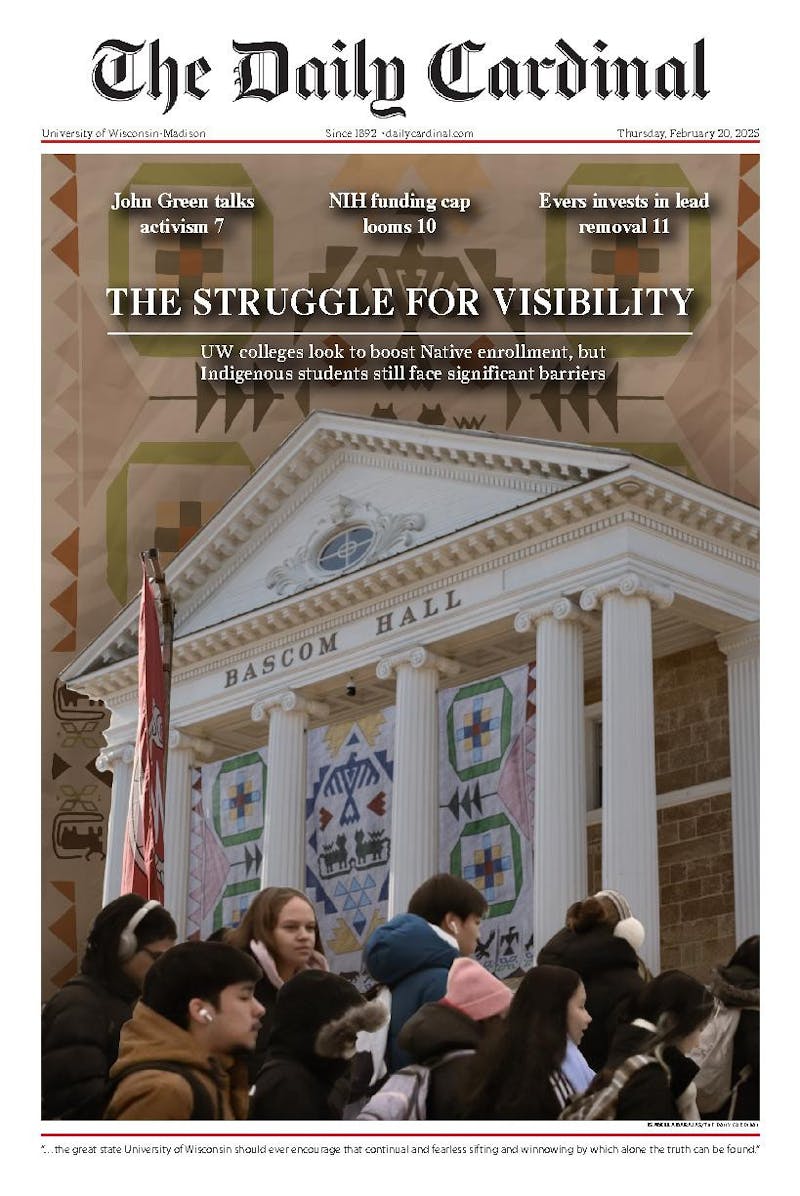A survey recently conducted by the UW System revealed that the number of UW students who engage in binge drinking has decreased.
The survey, which will be reviewed at the Board of Regents meeting Thursday, was sent to over 25,000 students in the UW System this past February, and nearly 7,000 responded. The study analyzed alcohol and illegal drug use and its effects on students' academic and personal lives.
Compared to surveys taken in 2005 and 2007, overall figures of alcohol abuse are down. However, the survey method changed for the 2009 study, so conclusive trends will not be available until the next report in 2011, according to the report.
Fifty-one percent of UW System students reported binge drinking over the last two weeks, while one in five said they participated in ""frequent"" binge drinking, defined in the study as consuming ""at least five drinks in a two-hour timeframe."" Binge drinking rates were reported higher for freshmen than upper-class students.
UW System spokesperson David Giroux said the main goal of the university will be focusing on the consequences of alcohol and other drug use.
""I know that each of our campuses is working in many different ways to address this problem, but it's one that we're probably never going to eradicate,"" he said.
Overall, 72 percent of respondents said they have consumed alcohol in college. The average male student who regularly drinks consumes roughly 11 drinks per week, while female students have five.
The report also includes the effects of alcohol and drug use on students. One third of respondents claimed they had missed class as a direct result of alcohol use, and 22 percent did poorly on a major project or exam.
Students also revealed personal problems due to alcohol. About half of students in the survey said they have done something they regretted due to alcohol use, and one-in-four have engaged in unprotected sex.
""Is this behavior affecting your studying, your ability to succeed as a student? Is it affecting your health and your safety, and is your success being affected by the drinking or the behavior of other people? That's what we really need to focus on,"" Giroux said.






